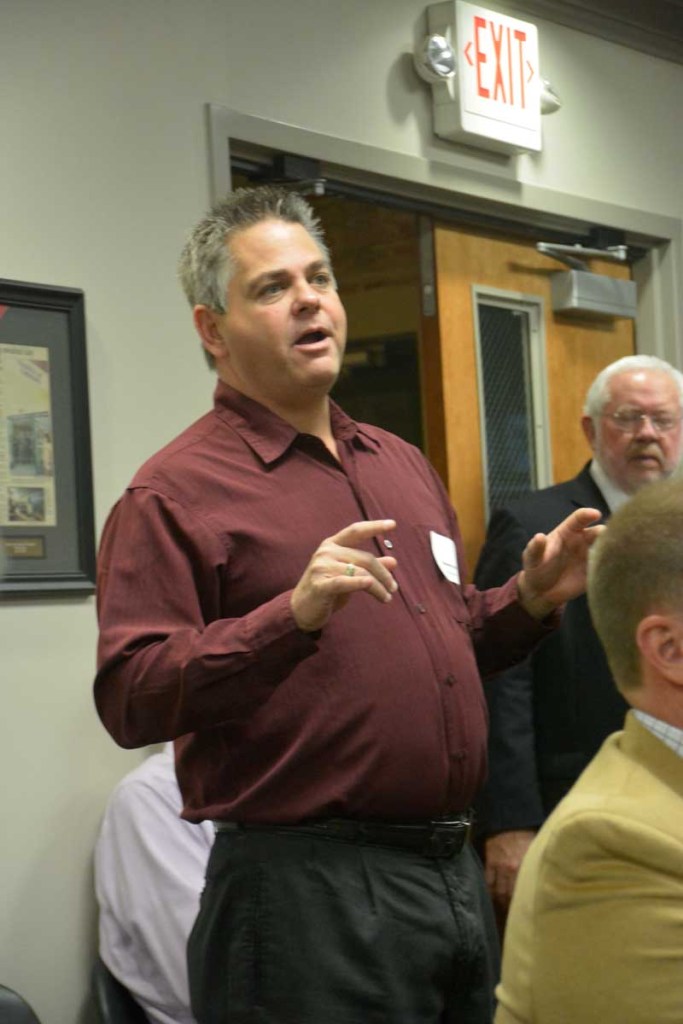Congressman says repealing Obamacare will be a battle, especially in Senate
Published 10:36 am Wednesday, January 18, 2017

- Hanceville Mayor Kenneth Nail
Congressman Robert Aderholt, fielding questions Wednesday after outlining expectations as the nation prepares for the presidency of Donald Trump, indicated smaller communities could see a White House that doesn’t overlook small communities.
Speaking to a packed house at the Cullman Area Chamber of Commerce, the 10-term Republican congressman from Haleyville said he believes Trump will work with Congress to overturn most of President Obama’s national health plan, find funding for infrastructure and divert money from Planned Parenthood to establish community health clinics.
A question about Vice President-elect Mike Spence’s pledge to a group of mayors that Trump will push for a massive infrastructure improvement drew some optimism from Anderholt.
“The devil is in the details. We all know that investments are needed in infrastructure and this can improve economic development,” Aderholt said. “We will see some proposals on this, I’m sure, and we think if it can be done smartly. It won’t be a case of just spend and spend and spend. We need to do a better job with infrastructure but we also want to avoid adding to the debt.”
Hanceville Mayor Kenneth Nail stood up and noted that in recent years towns and small cities have not received the benefits of federal spending for infrastructure, noting that much of the money went to large metropolitan area.
“Some years ago Congress did away with earmarking. It seemed to be a good idea at the time because of the complaints about pork barrel spending being seen as wasteful,” Aderholt said. “There’s no doubt this has hurt a lot of small communities. The earmarking is left to the administration. The truth is a member of Congress, part of his job is to bring back money to help the district, but that’s been harder to do.”
Nevertheless, Aderholt said it’s been noted that rural America was important in sending Trump to the White House.
“I think he’s going to remember that. President Obama didn’t get a lot of votes in a lot of the areas that Trump did well in,” he said.
Aderholt also noted the historical perspective of the 2016 election, which gave Republicans control of the House, Senate and presidency. With Republicans holding a slight majority in the Senate with 52 sitting members, he said undoing Obamacare will meet its stiffest challenge there because of the potential for prolonged filibusters. But he also said the majority in both chambers presents an opportunity to accomplish legislation that will benefit a wide range of citizens.
“The Senate has the 60 percent rule. If a filibuster starts it can’t be ended until you get 60 members to agree,” Aderholt said. “Of course, there are only 52 Republicans. What we hope to do is introduce reconciliation bills, which allow debate but under a limited time. The filibuster rule in the Senate then wouldn’t come into effect.”
Aderholt said Republicans are looking at coming to the Senate with budget reconciliation bills concerning Obamacare. This would allow time-limited debate but avoid the filibuster rule.





